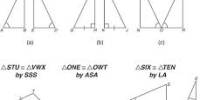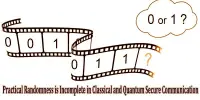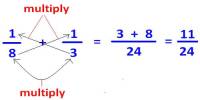OK, so perhaps the existence of an omnipotent altruistic creator (or otherwise) that transcends mortal understanding is not something that can be mathematically proven. But that doesn’t mean people haven’t tried. In the modern computer age, from the 17st century mathematician Blaise Pascal to the modern computer age, history is full of people who came up with the equations in the biblical battle. Here are some famous examples.
Blaise Pascal didn’t really want his “bet” to be proof of the existence of God – he just wanted to persuade people to act like “him”. Pascal’s greatest contribution to the world of mathematics was probably the development of (haha) probability and that was the basis of his reasoning. He says, either God has the presence of God, or He does not. If the exists have the presence of God and you believe in Him, then you can go to heaven forever, which is considered all things good. If you do not believe, you are called to hell, this is the best consequence.
On the other hand, if God does not exist, whether you believe in Him or not is not really a consideration, continues Pascal. In most cases, you get some smog. So overall, he said, believing in God – or at least living like you – is the best option. “Pascal’s bet”, as it is known, was rejected by atheists as “not true evidence” and by Christians as “not true faith”, yet this is a worrying argument – and it is now seeing a new life in the face of masks and climate change.
In the late eighteenth century, Catherine the Great Court was the place to be if you were an enlightened thinker. Legend has it that the atheist philosopher and writer Dennis Didarot was corrupted by a mathematical proof of the existence of God in front of Leonhard Euler. “Sir,” he declared to Didarot in front of the court, “(a + b ^ n) / n = x, so God exists; Answer!
You may have suspected that the statement was nonsense, but if the legend was believed (and probably not like the best legend), Didarrot knew nothing about mathematics, and was immediately embarrassed by Russia being so publicly “proven” wrong.
















